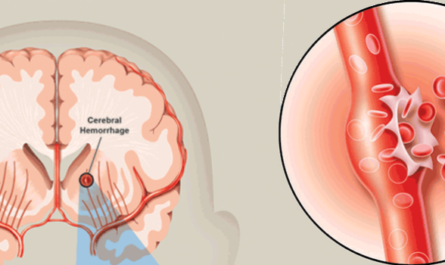A recent study published in the journal Lancet Microbe reveals new insights into the risk of prolonged SARS-CoV-2 infections among immunocompromised patients. The study, led by Dr. Adam Lauring from the Division of Infectious Disease at Michigan Medicine, aimed to identify which patient populations are at a higher risk of experiencing persistent COVID infections.
During the early stages of the pandemic, healthcare professionals noticed that certain immunocompromised individuals were suffering from prolonged COVID infections, sometimes lasting for weeks or even months. This raised concern that these cases could be the source of emerging viral variants that have adapted to evade the immune response.
The study, part of the larger CDC-sponsored IVY Network study directed at Vanderbilt University, followed 150 immunocompromised patients with COVID infections from five health systems in the United States in 2022. Participants had various immunocompromising conditions, including B-cell cancers, solid organ or stem cell transplants, AIDS, and autoimmune or autoinflammatory conditions.
The findings of the study indicate that the fear of prolonged infections among immunocompromised patients may be unfounded. Only 25% of the patients tested positive for COVID using highly sensitive PCR tests for 21 days or longer after the onset of illness. Furthermore, only 8% tested positive for live virus for the same duration. The median time to the last positive test was nine days.
In contrast to previous case reports, the study discovered that very few individuals experienced prolonged infections. Patients with AIDS and B-cell cancers, such as certain leukemias and lymphomas, were more susceptible to prolonged infections compared to those with autoimmune diseases or non-B cell cancers. Among the 59 patients with solid organ transplants on T-cell immunosuppression, only one had an infection lasting longer than 56 days.
The study also found a correlation between extended infections and certain immunosuppressive therapies. Patients receiving rituximab or CAR-T therapy, which targets B cells, were more likely to have longer-lasting infections, indicating the importance of antibodies produced by B cells for immunity.
Importantly, the mutations observed in the subset of patients with prolonged infections rarely matched those of the variants circulating in the wider global community. Dr. Lauring notes that a successful virus can escape immunity, but the factors that allow it to do so in immunocompromised patients may differ from those at the population level. As global immunity shifts due to vaccination and natural infections, it may not be feasible to monitor this specific patient population for new variants.
This study provides valuable insights into the risks faced by immunocompromised patients and highlights the need for better therapies tailored to their specific needs. Dr. Lauring hopes that this research will redirect efforts towards developing more effective treatments for this vulnerable population.
*Note:
- Source: Coherent Market Insights, Public sources, Desk research
- We have leveraged AI tools to mine information and compile it



